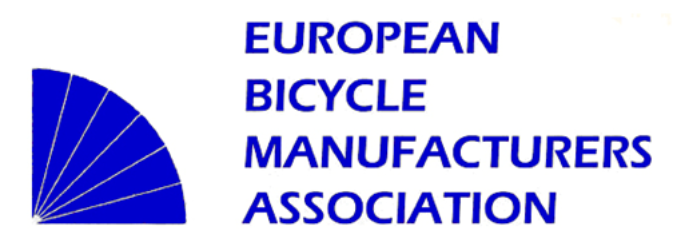TDI Report 2019
DG Trade of the European Commission confirm in its Report for Trade Defence Instruments (TDI) use the bicycle expiry reviews as measures of TDI efficiency. Specifically, according to DG Trade’s Report:
Once an investigation begins, the first action that the Commission can take is to register imports, with a view to collecting duties retroactively at the time of the imposition of definitive measures. In many cases, such registration has already a certain remedial effect – importers anticipate the risk of having to pay, in the near future, the duties that could result from the conclusions of the investigation.
However, it is after the very imposition of measures, that dumped or subsidised imports decrease the most. The ratio by which imports decrease following the imposition of measures can constitute a good indicator of the efficiency of such measures. It shows the extent to which the unfairly priced imports are removed from the EU market. The evolution of this ratio allows, in many cases, to draw conclusions on whether EU measures are effective and properly enforced. Indeed, a small reduction of imports following the imposition of AD or AS duties can signal attempts to absorb or circumvent the latter. As mentioned earlier, the proper enforcement of measures is paramount to their efficiency.
The table below shows the effect of EU measures adopted in years 2017-2018 on the import flows of the products concerned
|
Product under measure (country of origin) |
% of imports decrease |
|
Electric bicycles from China |
-83% |
As shown in the table above, in the case of cast iron articles, imports have decreased by 57% following the imposition of measures in February 2019. This is below the average ratio of decrease seen in recent cases. With respect to that product, the Commission initiated an anti-absorption investigation on 18 December 2019. The initiation was based on evidence showing that, after the original investigation period, and following the imposition of the provisional anti-dumping duties, Chinese export prices of the product had decreased. That decrease could have reduced the remedial effects of the measures in force. The evidence made available to the Commission indicated that the drop in export prices could not be explained by a decrease of the price of the major raw material or a change in product mix. Evidence also showed that imports of cast iron articles continued to enter the Union in significant volumes, as also corroborated by the above figures on imports. The results of this anti-absorption investigation will be available in 2020.
You can find the link to the Report here.
TDI Report 2018
DG Trade of the European Commission recognized in its Report for Trade Defence Instruments (TDI) use the bicycle expiry reviews as measures of TDI efficiency. Specifically, according to DG Trade’s Report:
Measures on bicycles from China are another notable example of TDI effectiveness. Measures were first imposed in 1993 and a series of subsequent expiry and interim reviews concluded each time that these measures were still necessary in order to fend off Chinese injurious dumping. It can reasonably be argued that today the EU bicycle industry would not have existed absent the AD measures. In other countries, where measures were not imposed or lapsed, Chinese exporters had taken over the quasi-totality of the domestic market. Investigations have repeatedly found that the Chinese excess capacity is very important – the latest investigation established a spare capacity 25% higher than total EU consumption and China had seemingly attempted to make full use of this capacity. As a result, the EU had to stop in 2013 a large-scale circumvention scheme of the AD duties imposed on Chinese bicycles imports via Indonesia, Malaysia, Sri Lanka and Tunisia. This allowed the EU industry to return to modest yet sustained profits, as shown in the request for an expiry review that is currently ongoing.
The continued existence of the EU bicycle industry has structural effects on the EU economy. Without a functioning EU bicycle industry, the EU bicycle parts industry would not exist. Nor could Europe have developed an important new market, i.e. the electric bicycle industry that still has a significant growth potential. In the EU, 11.000 jobs are directly related to bicycle production, 16.000 jobs to the production of bicycle parts and 3.600 jobs to electric bicycles. In January 2019, the Commission imposed definitive AD and AS measures against imports of electric bicycles from China. It was found, that the Chinese electric bicycle exporters benefitted from massive subsidies.
You can find the link to the Report here.

